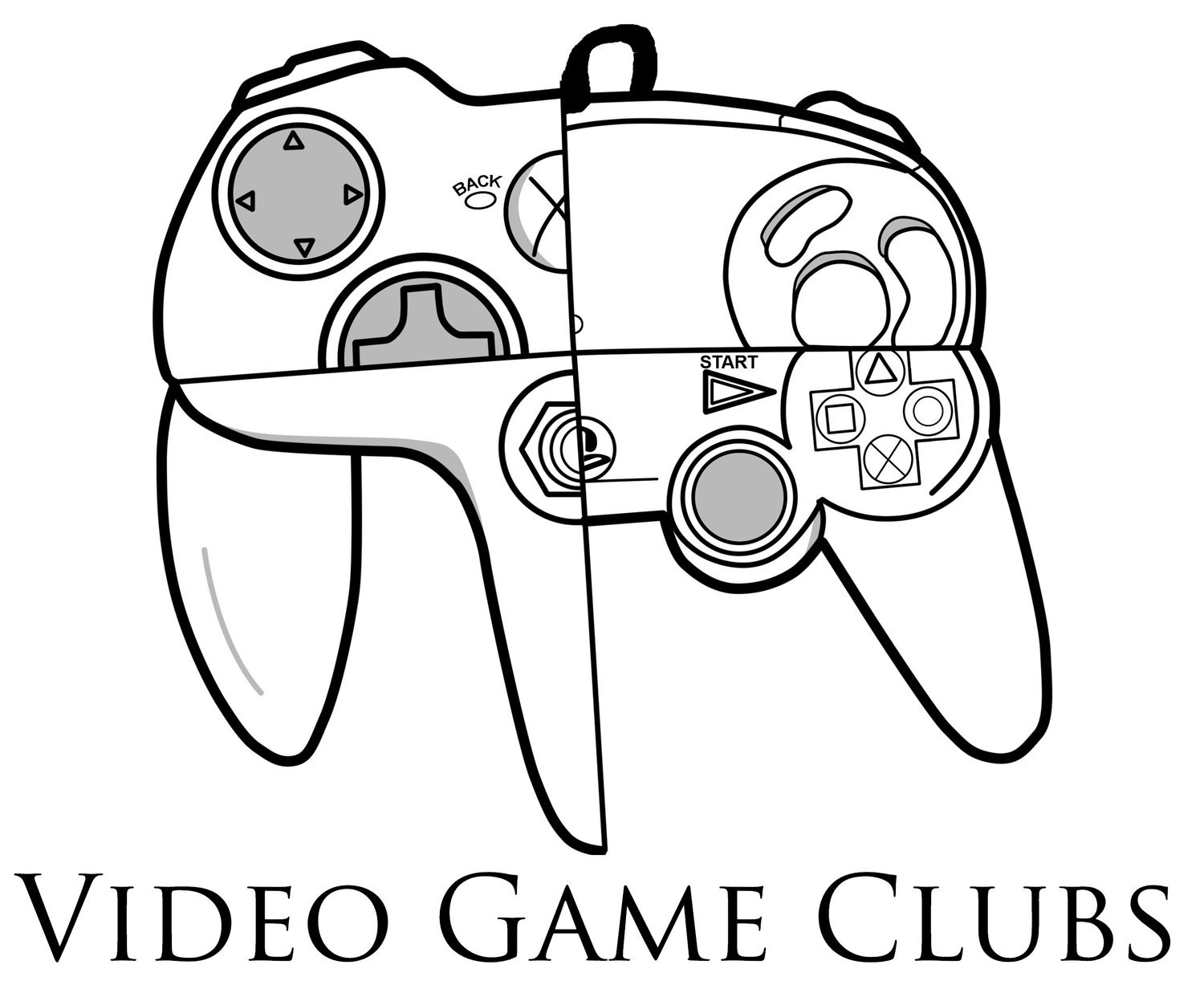After school video game clubs are engaging children at schools across North America. This website details the beginning steps needed to start a successful video game club at your school.
“Lots of people like sports. People join a soccer club, and you know, everybody knows that there’s the football club and football team. People like it. There’s the cheerleading team, the choir. But there never really has been a spot for kids who don’t sing, who don’t do art, who don’t cheerlead, who don’t play sports. But now, we have a club where people who don’t really do a lot can do something with what they like to do. Usually, mothers will drag their kids outside to get some fresh air because they’ve been spending their whole time on gaming. But, maybe they don’t have any friends to go play outside with? Maybe they don’t have a soccer ball they know how to use? But now there’s a place where kids can go and they can do what they have been told is weird, have been told not a lot of people like it; and they can find a bunch of other people who like that, and they can explore new games that they’ll find more interest in.”
Engaging Students Back Into School Through Their Passions
The video gaming industry is big business; their $46.5 billion earned in 2014, dwarfed the earnings of big industries like the NFL ($11 billion in 2014) and the global movie industry ($39.1 billion in 2014). By the end of 2014, there were many world championships for various video games with prize pools well over a million dollars. Viewership of some of these events, like the League of Legends final hitting 27 million viewers in 2014, is trumping conventional championships like the NBA finals sitting at 18 million during their final game. This huge footprint on our society has become pervasive in our teenagers’ lives. However, all too often schools have no response to the use of video games by their students. This response is being left completely up to the students’ guardians. Hence, it appears that schools are missing a large opportunity to connect with this generation of students through their passion for video gaming. In this website I will try to explain how teachers and administrators can use after school video gaming clubs as a way to engage this generation of kids in schooling.
It is within the extracurricular niche that schools have room to start video gaming clubs. Video game clubs do not have an obvious educational standard that meets state education requirements, so placing video gaming in a classroom setting would seem inappropriate at this time. However, many valuable lessons can come from after-school programs, and it is through this model video games may have their place.
Video gaming is becoming an ever-increasing part of many students’ lives, having schools connect and build a relationship with them will allow the schools to guide the students to more traditional study topics that they can then relate to their experiences in games.
Schools have the infrastructure in place for after school programs, and often it is through these programs that the most diversity of student-led interest education takes place. From sports to drama to debate and chess club, after school programs have historically offered children a place to share their interests with others in the school whom they may not know share the same passions while in a safe, adult-led, environment. This embraces students learning through their autobiographic experiences, as they can learn through their own guided interests that they will then often take back into the classrooms.
The literature is replete with research on student engagement, and many researchers have studied how participation in extracurricular activities have affected various parts of student engagement. I will link you to some of the published literature on this topic, in hopes that it will help you convince others you work with that this can be another tool schools use to engage their students.
Additionally, I have included a copy of my dissertation; one that was a multiple case study of video game clubs around North America, and how they've affected their students. My goal was to add to the literature on this topic, and to help people start their own clubs.

